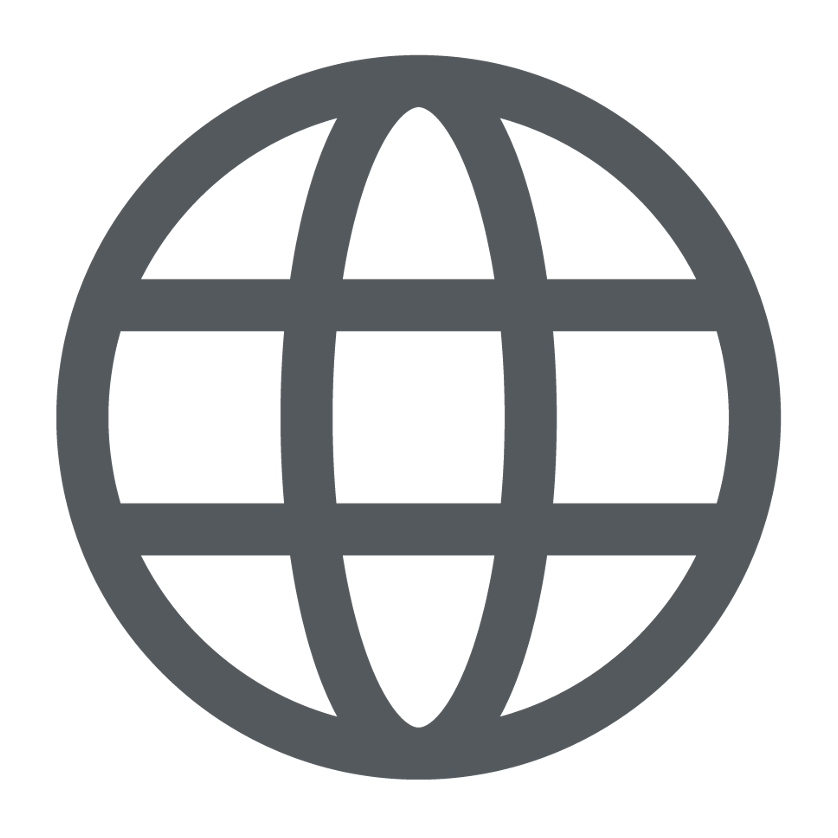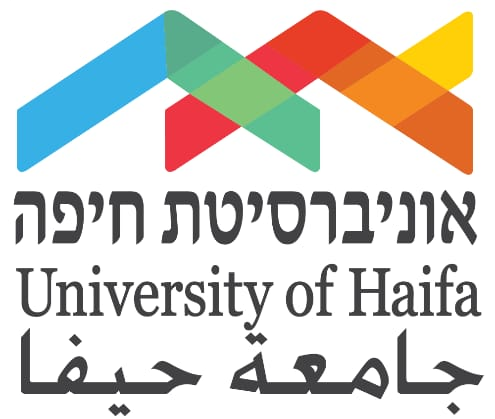
Partners

Oslo Metropolitan University (OsloMet) is Norway’s third largest university, with a student body of 18 300 students and 1 965 employees. OsloMet is unique in a national context due to its wide range of professional programmes and strong focus on qualifying students for professions that will contribute to future welfare and value creation in Norway and Europe.
OsloMet’s leads Work Package 6 which will ensure the successful implementation of the project by supporting the Consortium to deliver a timely, efficient, effective and impactful performance of all planned activities, with a full view to financial and social responsibility.

SPIDER is a centre based at the Department of Computer and Systems Science, Stockholm University devoted to the digitalisation of international development. SPIDER’s research programme ensures that interventions are backed by evidence and that implementation is supported by data that contribute to the planning, execution and follow up of a project.
SPIDER leads Work Package 1 that is responsible for gathering and analysing the data on social innovation ecosystems and gender inclusive innovations from the 22 participating countries on to inform the work of future work packages.
SPIDER’s programmes for ICT in Education, Health and Transparency & Accountability collaborate with local partners in Africa, South East Asia and Latin America. SPIDER also works to build capacity for ICT regulators in Sub-Saharan Africa and to improve the access to and use of ICT in higher education in bi-lateral partnerships.
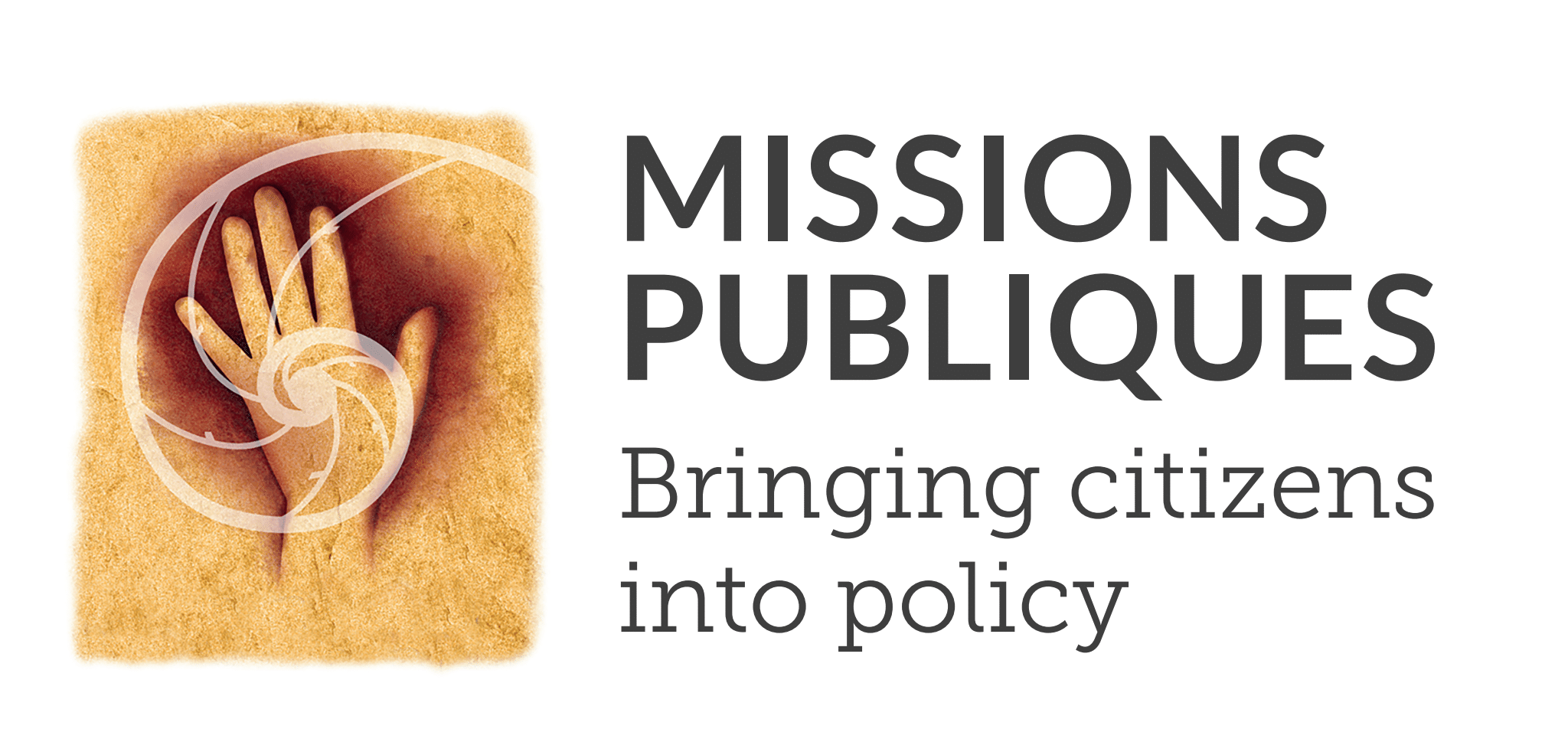
Missions Publiques is an independent company founded in 1998 whose mission is to improve dialogue between citizens, stakeholders and decision-makers for better collective choices and better decision-making, from local to global.
Our team, based in Paris, Berlin and now Brussels, works with our network of partners to support public authorities, civil society organizations and companies in the creation, implementation, animation and evaluation of participatory democracy and consultation initiatives. By creating spaces for dialogue between citizens, stakeholders and decision-makers, our ambition is to bring out collective intelligence in a co-production process.
Mission Publiques leads Work Package 2 that will see implementation of 24 innovation camps and hackathons and creation a a roadmap for developing the Gender Equity Tools for Digital Inclusion
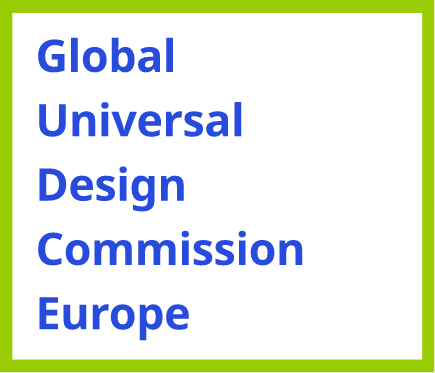
GUDC-EU is a Norwegian social start-up that promotes universal design through social innovation. We host participatory design workshops and hackathons that build competence and generate ideas for new initiatives centred on social impact and universal design. We actively incubate new social start-ups, and initiate innovation and digital transformation projects within established organizations. The owners have over 10 years of combined experience in universal design and social innovation.
Global Universal Design Commission Europe leads Work Package 3 which will provide a 6-month online mentorship and business development training and work placement program for 24 women led start ups and a formal creation and spin-off of an EQUALS-EU network.

The GSMA represents the interests of mobile operators worldwide, uniting more than 750 operators and nearly 400 companies in the broader mobile ecosystem, including handset and device makers, software companies, equipment providers and internet companies, as well as organisations in adjacent industry sectors. The GSMA also produces the industry-leading MWC events held annually in Barcelona, Los Angeles and Shanghai, as well as the Mobile 360 Series of regional conferences.
GSM Association leads Work Package 4 that support professional development of 24 female leaders and role models of gender equity and digital inclusion development of new community of practice to support education and development of leaders in gender equity and digital inclusion.
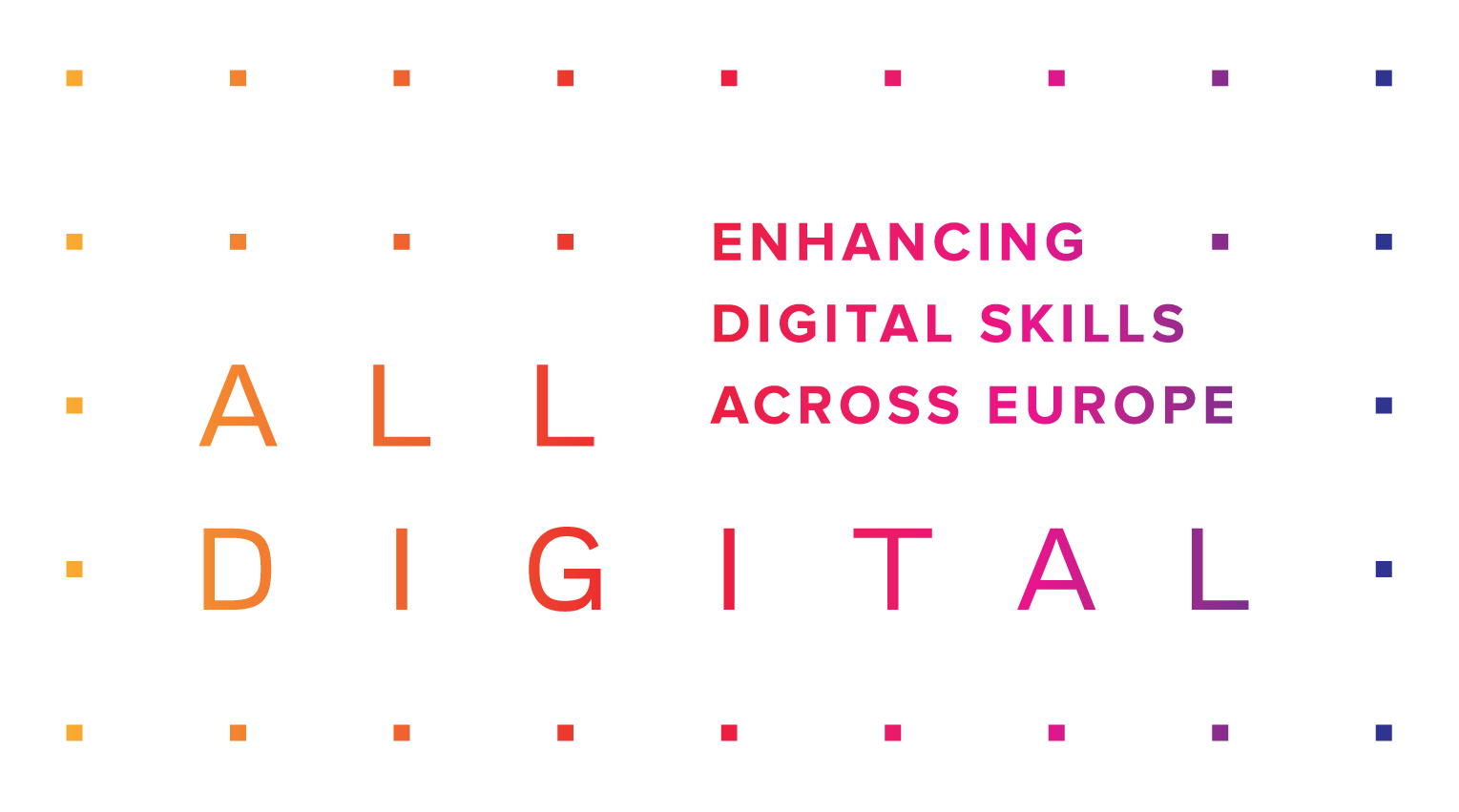
ALL DIGITAL AISBL is a pan-European association based in Brussels. It represents 70+ member organisations that work with 20,000 digital competence centres providing access and training to 1.5 million people in Europe every year. ALL DIGITAL aims to enable the 42% Europeans without basic digital skills to exploit the opportunities created by digital transformation. Our activities include promoting methodologies & certifications; facilitating partnerships among members & stakeholders; organising events and awareness raising campaigns; implementing projects and surveys. We contribute to EU policy in the fields of skills, employment, social and economic inclusion, social innovation, Digital Single Market, e.g. by policy papers and targeted communication.
ALL DIGITAL members are various organisations (ICT community centres, training centres, foundations, associations, etc.) working in the field of non-formal education providing access to Internet and ICT tools, as well as digital training, certification and opportunities for all, with the focus on vulnerable and disadvantaged groups. We support our members by fostering knowledge sharing and collaboration and by representing their interest to the EU.
Main activities include:
- Research and advocacy on digital literacy and digital inclusion geared towards governments and other stakeholders.
- Development & promotion of learning tools and certifications in ICT and digital skills through participation in various projects Organisation & promotion of our flagship European digital inclusion and empowerment campaign All Digital Week
- Support knowledge and experience exchange through events, projects, and the UNITE-IT e-Inclusion network.
- Organisation of international annual conference ALL DIGITAL Summit and ALL DIGITAL Awards.
ALL DIGITAL leads Work Package 5 (communication, dissemination, exploitation).
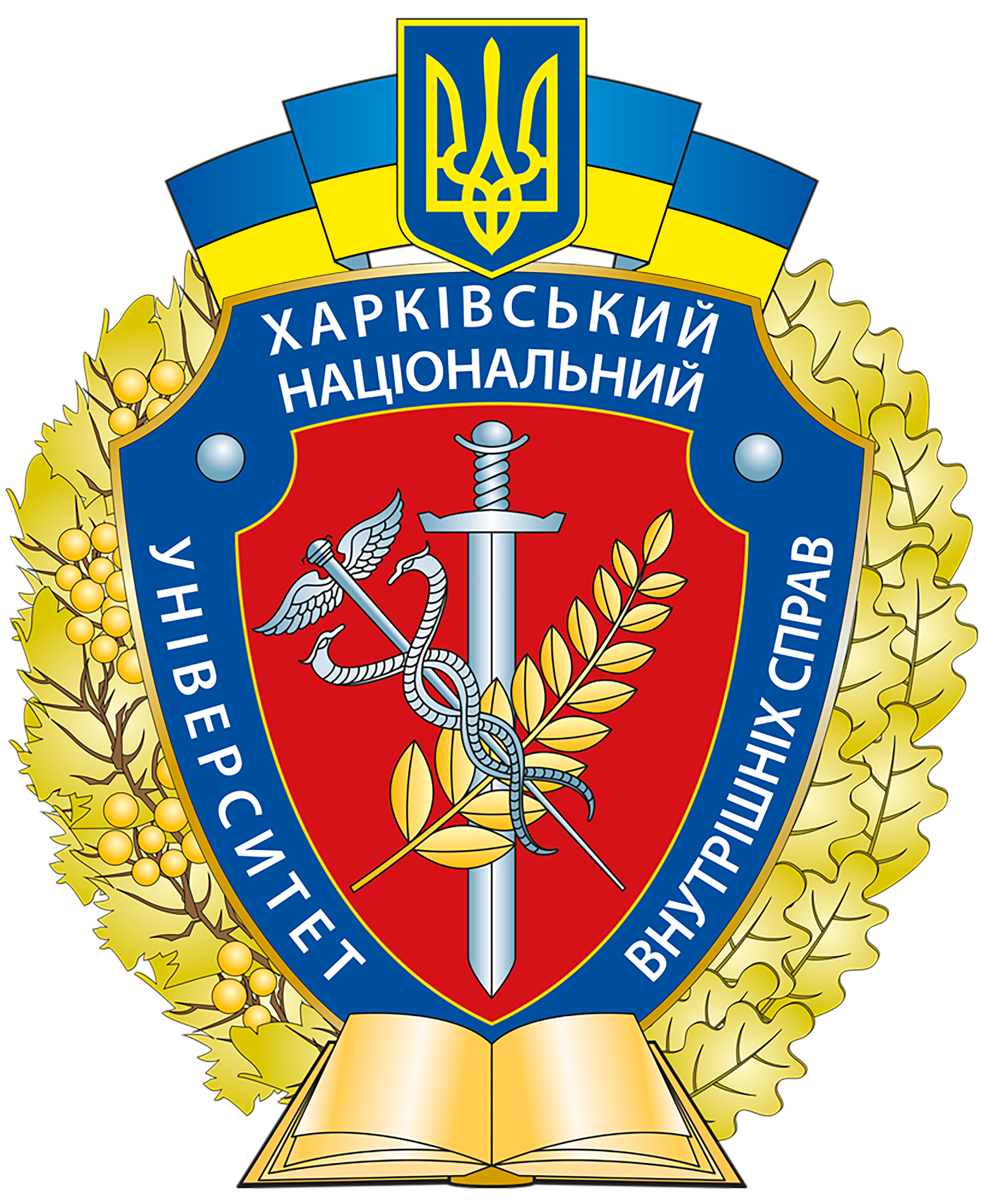
Kharkiv National University of Internal Affairs (KhNUIA) was established in 1992. KhNUIA is a state higher education institution under the patronage of the Ministry of Internal Affairs of Ukraine and the Ministry of Education and Science of Ukraine. Priority is given to research in the field of public order and safety, protection of the rights and legitimate interests of a person and a citizen by the agencies of the National Police of Ukraine. The research activity of the University focuses on finding solutions for practical operational units of the Ministry of Internal Affairs of Ukraine. KhNUIA is a host of Gener quest in which participate HEIs of defence and security sector of Ukraine.
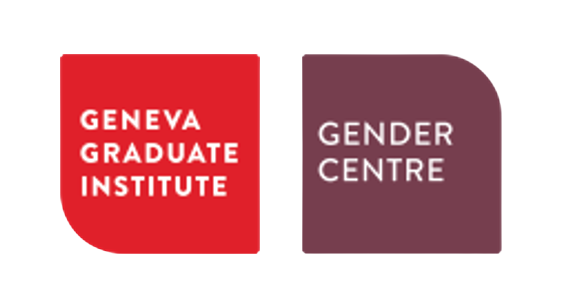
The Gender Centre at the Graduate Institute produces transformative research that questions gendered power relations in development and international relations.
Working across the globe and committed to policy relevance, our researchers combine their expertise from across disciplines and the field of gender studies. Our approach is theoretically informed and empirically grounded, valorising diverse voices. We disseminate widely, foster critical debate and deliberation engaging a range of stakeholders to advance gender justice.
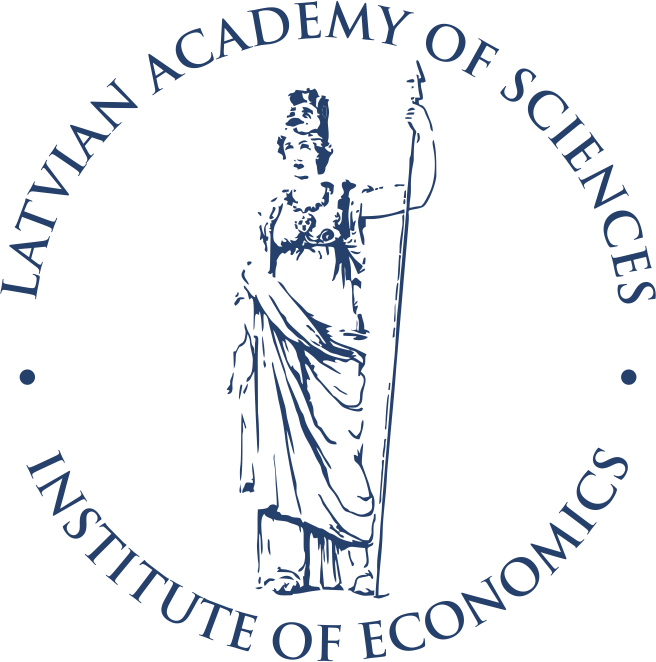
Institute of Economics of the Latvian Academy of Sciences is registered in the Register of Scientific institutes of the Ministry for Education and Science of the Republic of Latvia as a scientific and research institution.
Institute of Economics of LAS is one of the leading research centres for economy, entrepreneurship and society development issues in Latvia with wide partnership links in European and other countries of the world and able to provide a research based, competent opinion about ongoing processes in the economy and social development of Latvia, Baltics and Europe, as well as to note the future progression.
The mission of the Institute is to facilitate the development of Latvian economy in the regions and in the country as a whole, through preparations of research-based competent assessments and opinions on ongoing processes in the economy of Latvia, Baltics and Europe, as well as elaborating recommendations related to development opportunities of economy.
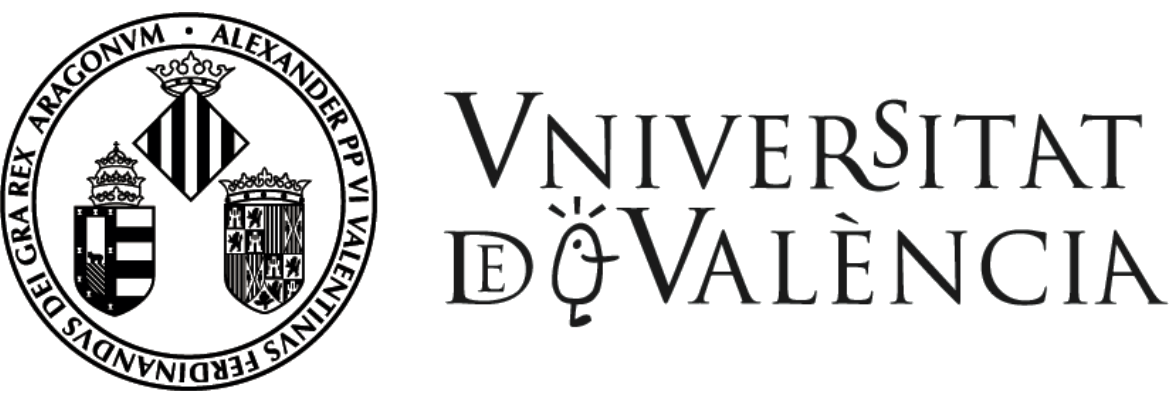
The old “Estudi General de València”, founded in 1499 and initially dedicated to the study of medicine, humanities, theology and law, has today become a modern European university, open to the culture of practically every branch of teaching. Currently, the University of Valencia stands out as one of the main public research organisations in Spain, with more than three thousand researchers integrated in 84 departments, 21 institutes and 5 other research units, belonging to social, biomedical, human, experimental and formal sciences. Along with human resources, the University of Valencia state-of-art premises and facilities, together with its instrumental equipment, both guarantee the quality of a vast scientific and technological offer available to the service of society.
The University of Valencia takes part in VLC/Campus, an action that has been distinguished as a Campus of International Excellence, a stamp of quality awarded by the Spanish Ministry for Science and Innovation. The objective of VLC/Campus is to become a hub of knowledge of international excellence, through specialisation of scientific-technological production in health, communication and sustainability. CAMPUSHABITAT5U is another Campus of International Excellence formed by the five universities that make up the Valencian Public University System. It is a unique project of excellence in Spain in the area of habitat and territory based on the interaction of various economic sectors and multiple disciplines. An advanced economy like that of the Valencian Community, whose attraction as a place to live or visit is one its greatest assets, can only compete by means of quality, differentiation, creativity, and brand image through the development of knowledge-building and innovative initiatives in this area. Recently, Universitat de València obtained the HR Excellence Research Award. The Human Resources Strategy for Researchers (HRS4R) thus recognised our institution as having implemented the European Charter for Researchers and the Code of Conduct for the Recruitment of Researchers. The concrete implementation aims to promote and improve the recruitment, the working conditions and the careers of researchers while concurrently contributing to the development of the European Research Area.
The Institute for Local Development of the Universitat de València is a research centre on the theory and practice of local development in its broadest sense. It is part of the Inter-University Institute for Local Development (IIDL), established by researchers of the Universitat Jaume I (UJI) and Universitat de València, experts in the various dimensions of the concept of sustainable development, policy implementation framework and development strategies at the local level.

Germany is one of the world’s leading medical countries worldwide. Its 33 university hospitals form the highest tier of the country’s sophisticated healthcare system. The University Hospital Cologne is one of the country’s most outstanding medical centers. It is recognized as an important research center, developer of new treatment methods, and active driver of medical innovation. It delivers a world-class medical education to its students from across the globe and provides outstanding medical care and treatment to patients.
Germany’s university hospitals have produced 16 Nobel Prize winners in medicine. The University Hospital Cologne’s national and international collaborations with other universities and research centers have also enabled it to recently complete a number of successful research projects in a wide range of specialized medical areas. We are now able to offer our patients a wide range of new diagnostic and treatment options.

Orta Doğu Teknik Üniversitesi (ODTÜ), founded in 1956, is an international research university, which seeks excellence in serving the country, region and the world. This well-deserved reputation is partly a reflection of its leading position in terms of international scientific publications and share of research funds from national scientific research funding agencies, primarily The Scientific and Technological Research Council of Turkey (TÜBİTAK), among the most prominent universities of Turkey. Moreover, ODTÜ – as an international research-intensive university – is among the leading universities in Turkey in terms of depth and breadth of international research projects and the amount of funds generated from research activities. Research revenues account for 20-25% on average of annual ODTÜ expenditures, including all payroll costs.
ODTÜ has actively taken part in and managed various projects under the Instrument for Pre-Accession Assistance (IPA), especially the Framework Programmes (FP) as well as other international projects, such as COST, Erasmus, Newton-Katip Çelebi Fund, etc. In this context, as of January 29, 2021, ODTÜ has 407 international projects (either signed or in Grant Agreement phase) with a total budget of 854 M€ and ODTÜ’s share of 62 M€. Among these projects, 197 are supported by the EU Framework Programmes with a total budget of 758 M€ within which ODTÜ’s share of 47 M€ while 210 of ODTÜ’s international projects are funded other programs such as Erasmus, GCRF and US Embassy with a total budget of 96 M€ and ODTÜ’s share of nearly 15 M€.
In terms of national R&D projects, where TÜBİTAK is the leading funding agency, METU has a prominent position amongst Turkish universities with 1100+ funded projects having a total budget greater than 500 MTL (approx. 80 M€ with January 2020 conversion rates). At any given time, ODTÜ has approximately 400 R&D projects nationally funded by TÜBİTAK and various ministries and 60 R&D projects internationally sponsored, mainly by the EU Research and Innovation Framework Programmes. This record of accomplishment translates into ODTÜ bringing in about 9% of the FP-sourced research funds acquired by Turkey until now.
Moreover, ODTÜ is committed to intensify and accelerate the alignment of the European Research Area (ERA) and Turkish Research Area (TARAL) based on the five ERA priorities, as one of the founding members of the Alliance of Turkish Research Universities . The ERA priorities ODTÜ is currently focusing on includes ERA Priority #3: An Open Labour Market for Researchers. In order to fulfil the requirements of this priority ODTÜ has been a EURAXESS Service Centre since 2015, has endorsed its commitment to the 40 principles of the “European Charter for Researchers and the Code of Conduct for the Recruitment of Researchers” in October 2018, has submitted its GAP Analysis and Action Plan for the Human Resources Strategy for Researchers (HRS4R) for assessment by the European Commission in December 2019 and recently become the first university in Turkey to be qualified to obtain the Human Resources Excellence in Research Award in August, 2020.
Last but not least, it is important to point that the language of education in ODTÜ is English. Moreover, ODTÜ strategically values the prevention of inbreeding by prioritizing the employment of researchers who have had international experience at doctoral and/or post-doctoral level(s). Thus, a significant portion of ODTÜ’s faculty is constituted of incoming researchers from Europe and/or Third countries (mostly USA).
Research Support Offices: In ODTÜ, there are three sister-offices that provide support to the research activities of academicians. These are the Office of Sponsored Projects, Technopark Project Office and Knowledge Transfer Office.
i-Office of Sponsored Projects (PDO): Main mission of PDO is to provide support to researchers during proposal submission, to announce open and forthcoming calls and events of Horizon 2020, to scrutinize proposals and consortium and other agreements of funded projects in structural terms, and to manage all processes involving ODTÜ’s legal representation and its Authorised Legal Representative. Moreover, this office organizes Info Days, One-on-One meetings, project writing workshops etc. to generate platforms where ODTÜ researchers can get together with TÜBİTAK experts (National Contact Points), independent consultants, and ODTÜ researchers experienced in proposal development, project management and project evaluation.
ii-Technopark Project Management and Consultancy (PMCO): PMCO basically provides proposal budget and management scheme development, implementation, reporting, and pre-audit services. In other words, PCMO takes the bureaucratic and administrative burden away from ODTÜ researchers and Technopark firms. The office allows them to focus on their research activities. PCMO has been managing the implementation of nearly 58 EU projects (FP7 and H2020) and has assisted the development of around 140 proposals since its establishment in 2010.
iii-Technology Transfer Office (TTO): Established in 2008, ODTÜ Technology Transfer Office (ODTÜ TTO) is ODTÜ’s hub for university-industry collaboration, innovation and technology transfer. ODTÜ TTO serves as an intermediary institution to develop new mechanisms for ODTU to transfer technology and know-how to the industry and to direct demands of the industry to the university. The general aim of ODTÜ TTO is to match appropriate technologies, knowledge assets (research studies, projects etc.) and technology providers (academicians with the idea of patents, projects, etc.) with SMEs, large enterprises and technology investors in order to address similar technological problems or evaluate specific technologies as solutions to related production, marketing, etc. ODTÜ TTO provides a comprehensive suite of services for ODTÜ innovators (academicians, staff, and ODTÜ∙TEKNOKENT companies), ranging from discovering and protecting intellectual property to commercialization of new discoveries through licensing and/or entrepreneurship. ODTÜ TTO’s current portfolio contains active and pending patents in areas of technology ranging from biotechnology to energy. The research projects being conducted by ODTÜ faculty, students, and staff and ODTÜ Teknokent companies lead to an increasing number of new inventions each year. The Office actively seeks commercial partners to develop and commercialize technologies, and works to establish mutually beneficial long-term relationships among academics and industry.

BLITAB Technology GmbH is an established company with international impact and solid expertise in digital technologies and new customer experiences. The team has developed BLITAB – the world’s first tactile tablet for blind and visually impaired people. BLITAB is specialized in helping enterprises by providing a deep understanding of “for all” experience. BLITAB’s founder Kristina Tsvetanova is well known as one of the most remarkable talents who is changing the world through her innovation. In 2015 she was recognized as European Winner of Social Entrepreneurship and Disability, awarded by the European Commissioner for Employment, Social Affairs, Skills and Labour Mobility, Marianne Thyssen.
In 2017 she received the EU Prize for Women Innovators under 30 and MIT Innovator 35under35 Europe.

HAVELSAN is founded in the year 1982 as a corporation owned by and affiliated to the Turkish Armed Forces Foundation.
Aside from being accepted as one of the largest and leading technology firms of Turkey, HAVELSAN is also a leading trademark in the international market as well with its deep-rooted experience, competent and specialized employees, and high-technology based software-intensive solutions and products.
HAVELSAN does not only develop and produce technology in defence, security and information sectors, along with high technology and software solutions developed in-house, but also combines its own solutions and products with the solutions and products of other firms included in its business ecosystem, thus being able to present end to end solutions to its customers.
Focused on software-intensive systems, HAVELSAN is offering and putting at the disposal of the Turkish Armed Forces (TSK), public administrations and entities, overall private sector and its own international customers its solutions comprised of genuine and original products and systems in the following fields:
- Defense
- Simulation
- Information and Communication
- Homeland Security and Cyber Security
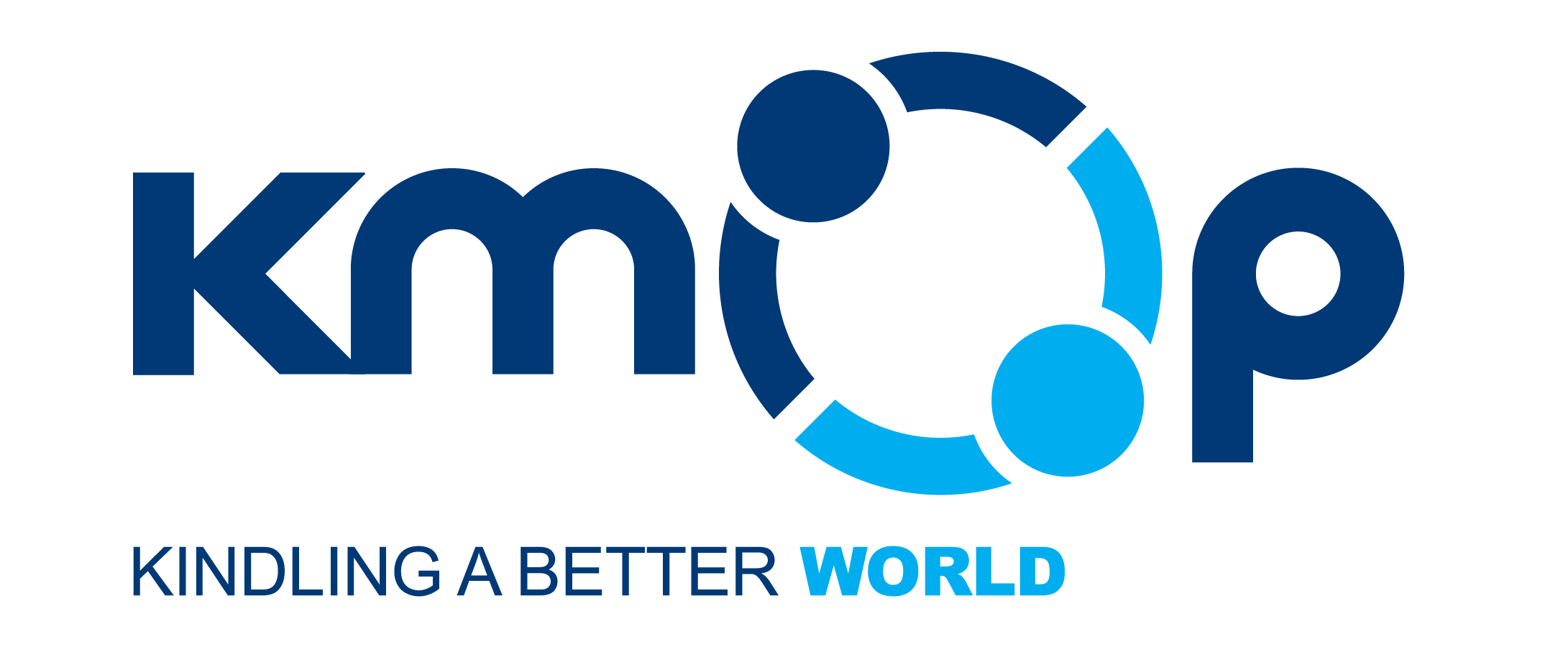
KMOP – Social Action and Innovation Centre is a leading NGO, based in Greece, with 44 years of experience in supporting vulnerable people through the provision of social services, implementation of social initiatives, education, research and development of know-how on social policy issues. KMOP designs and implements impactful initiatives, aiming to make a difference in tackling the ongoing challenges in a globalized world.
Its vision is a world that rests on integrity, equal opportunities, sustainable growth and individual well-being.
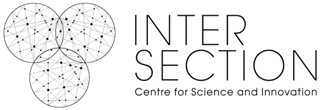
“Intersection. Centre for Science and Innovation” is an international action tank, a non-profit civil society association, established to promote responsible research and innovation, quality education, evidence-based policies and good governance, and to strengthen the link between science and society, with special focus on Central and South-eastern Europe.
Intersection has 150 active members, coming from research and educational organizations, the public sector, as well as companies and civic organizations contributing to the field of Science and Society. This pool of experts in research and innovation, policy creation, advocacy and science engagement from Serbia, Croatia, Bosnia and Herzegovina, Macedonia, Montenegro, Slovenia, Albania, Hungary, Romania and other countries, supported by a prominent international Advisory Board, has joined forces with the aim to use regional synergies to multiply impact of national efforts in building knowledge and creativity-based societies.
Intersection initiates and stimulates research and dialogue on important societal challenges, advocates for structural changes in research performing and research funding organizations in order to advance the integration of RRI policy in their agendas and supports open discussion and co-creation in research and innovation processes. Members of Intersection participat(ed) in a number of innovative research and cooperation projects funded by the European Commission, US National Science Foundation, regional initiatives and national grants in natural, technical and social sciences and humanities – in the programs such as H2020, especially in Science with and for Society, Culture, Comenius, COST, Tempus, Creative Europe, Erasmus+ and other EU programs (e.g. FP7 RRI Tools, FP7 SATORI, FINHED, LLP V-Alert, OpenArch, T-Pass, Comenius Sci Camps, FP7 Smart Santander, EUSP, CREAT-IT, PLACES, OutSmart, and H2020 NUCLEUS, LETSGEPS, MINDTHEGEP, SEERI, GENERA, etc.) thus jointly contributing to the valuable knowledge base, competence and expertise of this action tank.
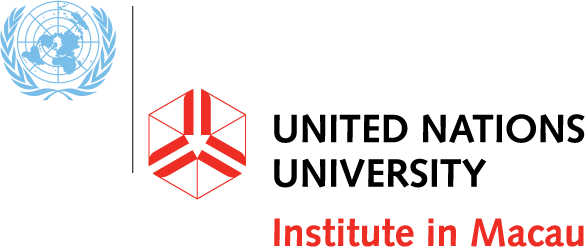
The United Nations University Institute in Macau is a research institute at the intersections of information and communication technology (ICT) and international development. UNU Institute in Macau conducts UN policy-relevant research and generates solutions, addressing key issues expressed in the UN 2030 Agenda for Sustainable Development through high-impact innovations and frontier technologies. Through its research, UNU Institute in Macau encourages data-driven and evidence-based actions and policies to achieve the Sustainable Development Goals.
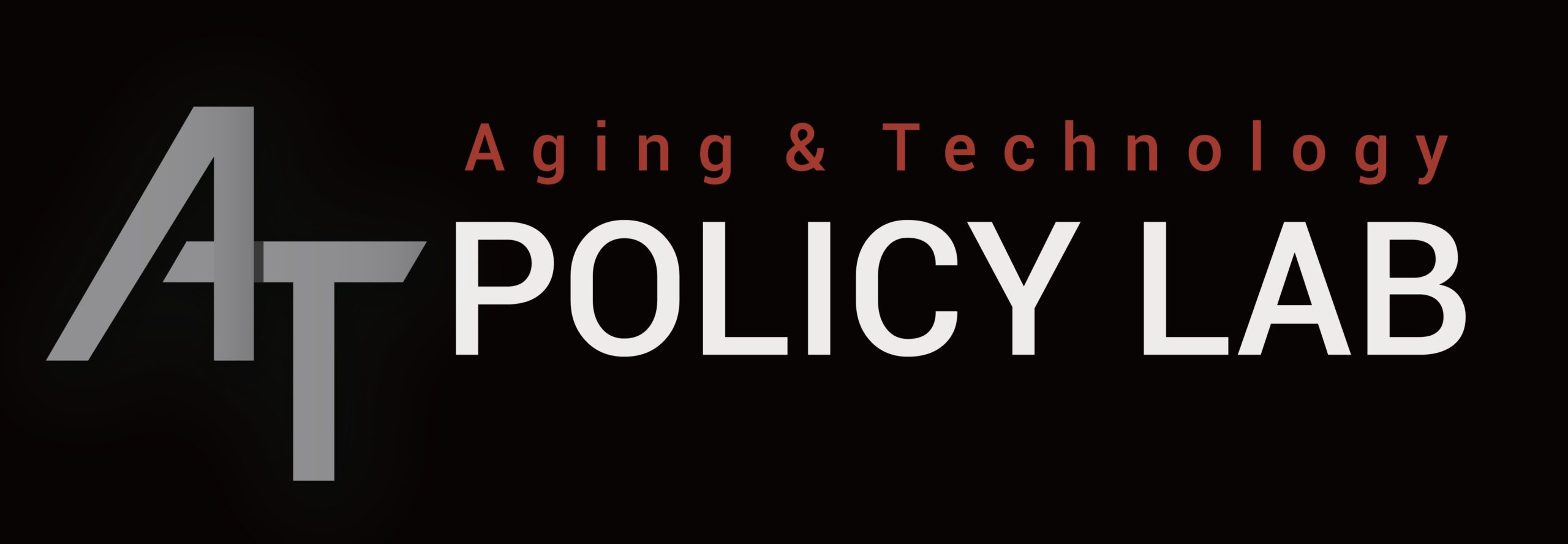
The Aging & Technology Policy Lab is the first lab with a focus on aging, social welfare, and technology policy at KAIST. The AT Policy Lab’s research focuses on examining the mechanisms of social problems related to population aging and new technologies and providing policy analysis and recommendations on the issues. We do research and seek solutions to solve current and emerging social problems to promote evidence-based policy-making, with special interest in improving the quality of life of marginalized people such as older people, people with disabilities, ethnic minorities, and people under poverty.
EQUALS-EU is grateful to our amazing website creators!
